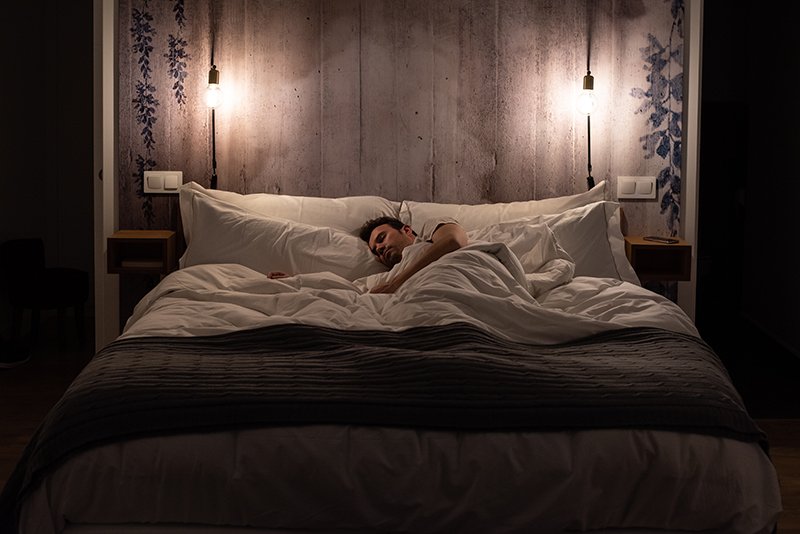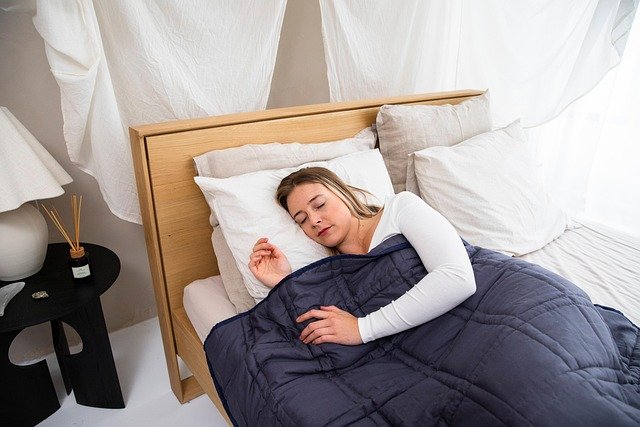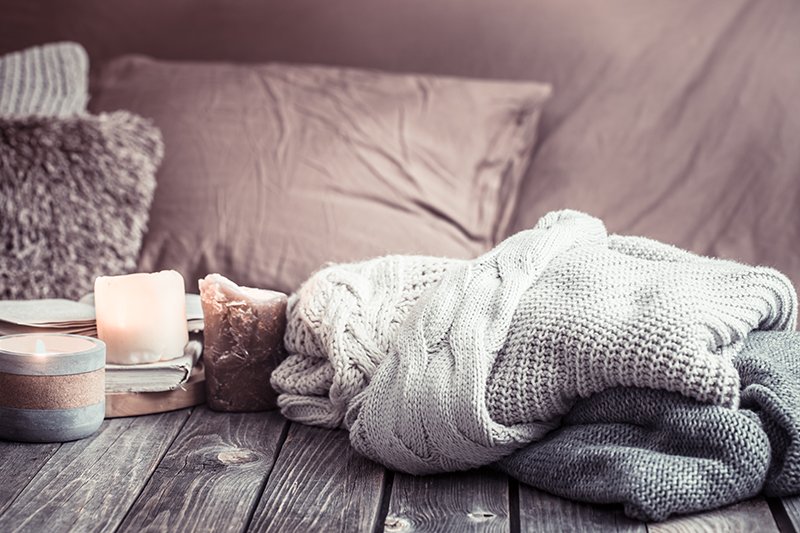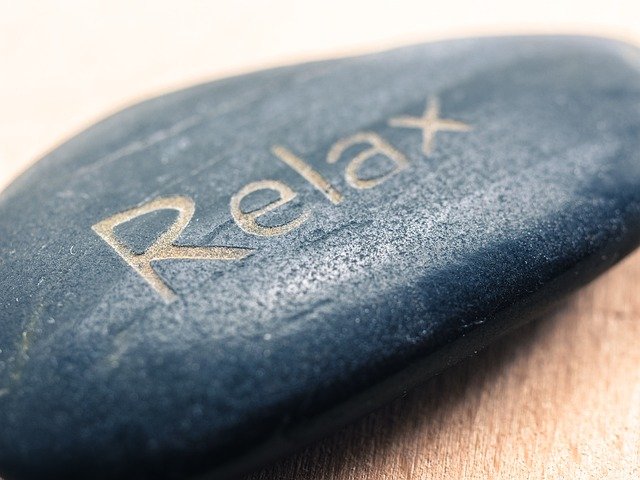Sleep hygiene strategies are a series of practical habits and environmental changes intended to encourage healthy, restorative sleep. According to analysis from the Centers for Disease Control and Prevention, strong routines help even adult Americans get their best sleep.
On top of that, thoughtful adaptations to bedroom environments can have a powerful impact. People can go past sleep hygiene Band-Aids with a little help from science. This understanding enables them to treat the underlying issues leading to sleep disturbances.
The piece below digs into those approaches for long-term success.

What is Sleep Hygiene Really?
Sleep hygiene refers to the practices we do daily and the environment around us that can affect our sleep quality. When folks in the U.S. Go to bed and rise at the same time each day—including on weekends—they strengthen their internal clock. This usually results in more peaceful sleep.
Developing a relaxing pre-bedtime ritual—whether that’s reading, light yoga, or meditating—helps cue the body to prepare for sleep. The sleep environment is important as well. A calm, dark, and quiet room promotes more restorative sleep, whereas ambient noise or blue light from screens is detrimental to sleep quality.
Reducing screen time and large meals in the hours before bed, while still indulging in a light snack or sleepytime tea, goes a long way as well. We already know from research that regular exercise is a natural sleep enhancer, although vigorous exercise too close to bed can have the opposite effect.
Chronic poor sleep hygiene can lead to chronic fatigue, mood disorders, and decreased immune function.
Your Bedroom: A Sleep Haven
Creating a sleep sanctuary with a well-designed bedroom is the first step toward restoring good sleep. Keeping this environment cool and dark—an optimal temperature range can be between 65 and 68 degrees Fahrenheit—maximizes the alignment with the body’s natural sleep-wake patterns.
Studies indicate that cooler environments promote the body’s natural production of melatonin, the hormone responsible for regulating sleep cycles. Taking the time to do regular cleaning and decluttering a.k.a a weekly reset helps me feel less stressed and more calm.
Consistent sleep times and avoiding late-night meals help regulate internal clocks, while winding down with quiet activities—think gentle reading or meditation—signals the brain to relax. Keep track of your habits in a sleep journal to help identify patterns and triggers.
Cutting device use before bed is important too. Blue light affects melatonin, impacting how quickly you fall asleep and the quality of your sleep.
Smart Daily Habits for Better Nights

Health habits influence sleep daily. Sleep quality is affected not only in the hours just before going to bed but throughout the entire day.
Getting regular moderate physical activity, such as a 30-minute brisk walk or bike ride each day, promotes more restful sleep. Late-night workouts can definitely complicate your ability to fall asleep.
Maintaining a regular sleep schedule including on the weekends is an important step to realign the body’s internal circadian rhythms. Keeping naps to 20 minutes or before 3 p.m. Will stop them from interfering with nightly sleep.
A soothing end-of-day ritual—such as journaling or reading—combined with less screen time helps signal to your brain that it’s time to rest. Keeping a bedroom dark, quiet, and cool (between 60 and 67°F) further strengthens these signals.
Finally, writing down concerns earlier in the day clears mental debris, paving the way for a more peaceful slumber.
Design Your Ideal Bedtime Ritual

Creating your ideal bedtime ritual A well-designed bedtime ritual will allow you to transition from the busy, hectic challenges of everyday city living. It helps to cultivate a sense of peace and self-renewal.
Adopting a consistent schedule encourages the body’s circadian rhythm to signal rest, especially when sleep and wake times remain steady, even on weekends. Practicing relaxing activities such as meditation, journaling, or reading real books helps clear the mind and slow down.
Power down your devices and get into these rejuvenating habits today! Research from the Sleep Foundation suggests avoiding screens and vigorous exercise close to bedtime, as both can delay sleep onset.
Tip #5 – Avoid heavy dinners! Help your digestive health and support natural melatonin release. Finish your last meal at least three hours before you lie down.
Personalize Your Sleep Strategy
Every individual’s path to restorative sleep will be unique, and sleep hygiene is anything but universal. Most of us Americans will experience that by keeping a consistent wakeup time even on weekends, our internal clock naturally begins to set itself in place.
Changing bedtime in small increments—maximum of one or two hours—allows the body to relax and adapt smoothly to a new cycle. Consistently, adults receive tangible gains by targeting seven to eight hours of sleep.
They need to limit naps to less than an hour and not after 3 pm. Research from the Sleep Foundation supports setting a room temperature near 65-68°F for optimal rest.
Moderate activity during the day — combined with relaxing habits before bedtime — makes a difference too. Externalizing worries by journaling before bed frequently clears away the mental clutter, promoting an easier drift into sleep.
When DIY Sleep Fixes Fall Short

Some Americans find that even after practicing common sleep hygiene strategies—like limiting screen time, adjusting bedroom lighting, or sipping herbal teas—restful sleep remains elusive. Studies indicate that 10-15% of adults suffer from chronic insomnia, meaning it’s more persistent and admittedly more difficult to treat with quick, at-home solutions.
Disorders such as sleep apnea or restless leg syndrome require clinical evaluation. They require more than DIY, one-size-fits-all solutions like fancy new pillows and blackout curtains. Those of us living with chronic pain, anxiety or depression often find sleep disrupted in ways that go beyond basic self-care and self-soothing.
If environmental noise, city lights, or a high-stress home environment are introduced, the challenge is even greater. Even the most well-intentioned routines—like inflexible bedtime rituals—can backfire by raising anxiety associated with sleep. Ultimately, we realize that all sleep is personal.
Finding Balance with Sleep Hygiene
To wrap up, building healthy sleep hygiene looks different for everyone, but the key principles remain universal—consistency, comfort, and mindful habits matter. Control your bedroom conditions, optimize your schedule, and develop your own relaxing bedtime routine. With some of these changes, you may see big wins in sleep quality right away! Scientific research, including findings from the National Sleep Foundation, shows that even small shifts, like reducing blue light before bed or keeping a regular sleep routine, can help reset natural rhythms. For those living in busy American cities, blending natural approaches such as grounding, gentle movement, and mindful nutrition offers practical support for deeper rest. Yet these home strategies are effective. In cases where sleep disorders persist, seeking help from a professional expert can offer additional assistance.




